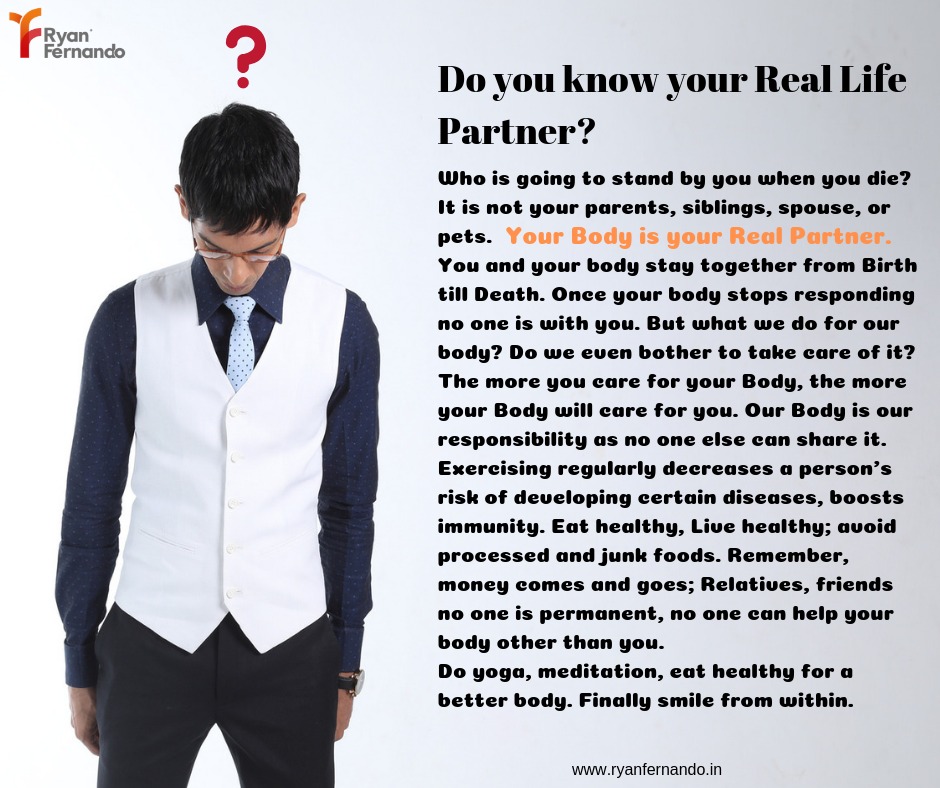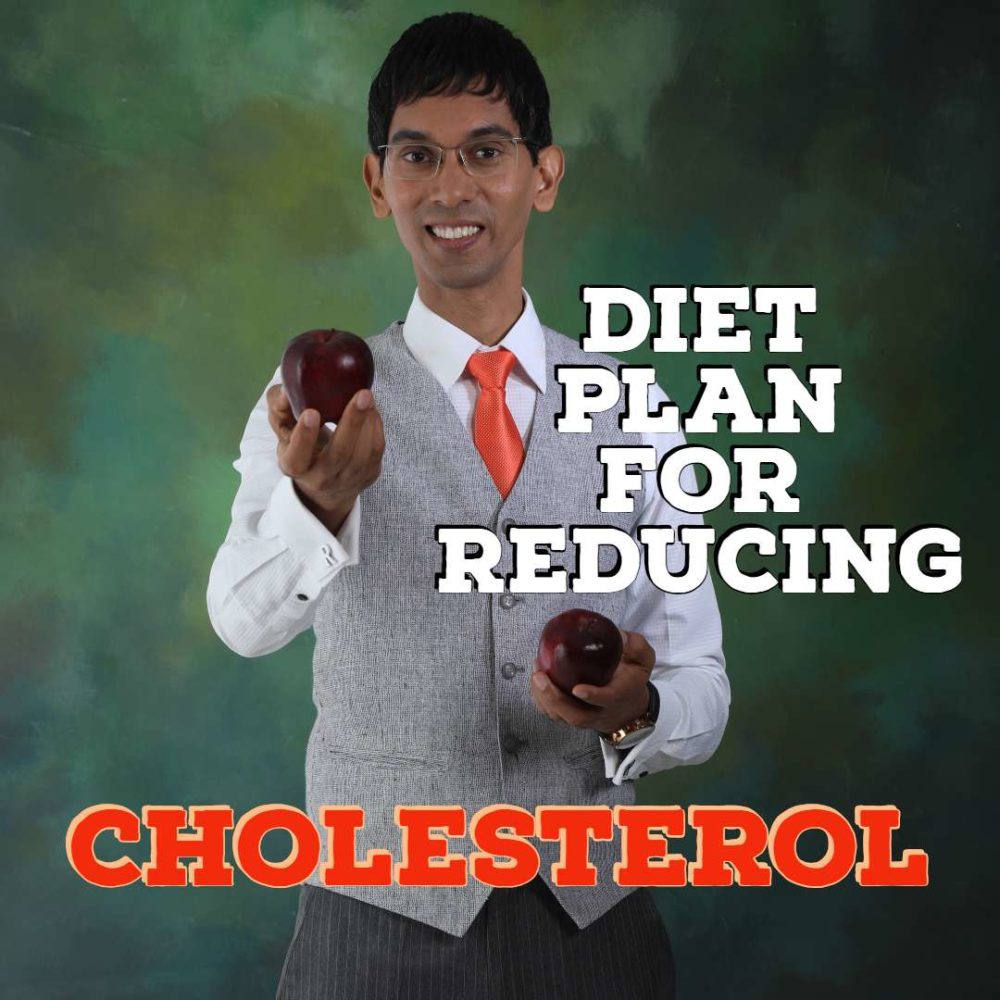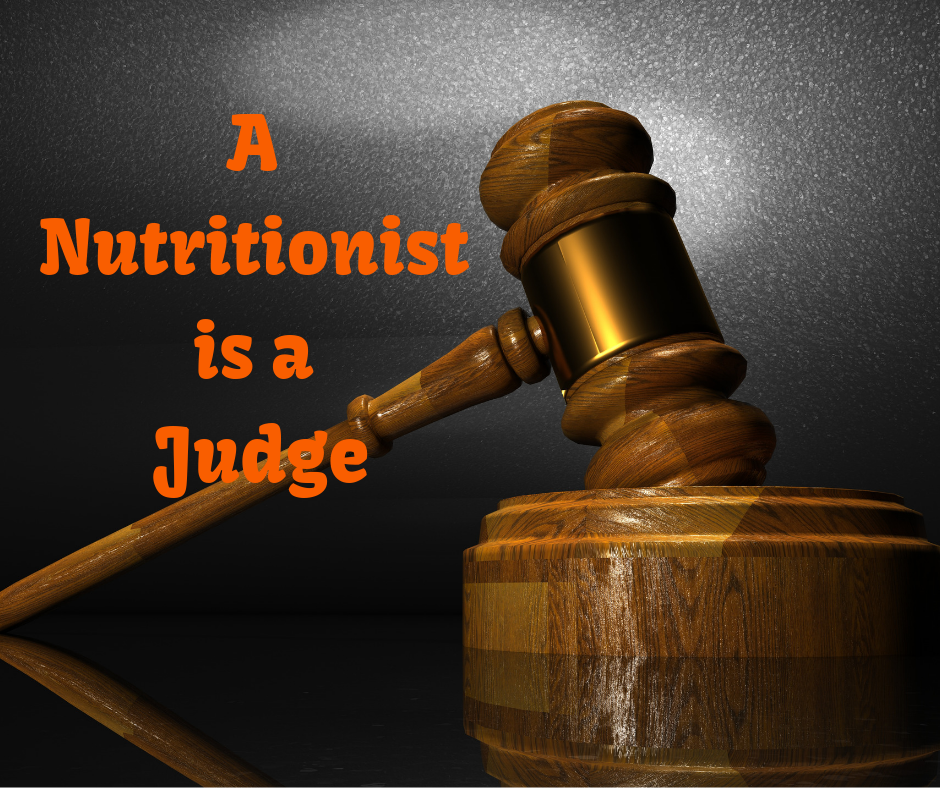Pros and Cons you need to know about the diet you follow: Vegan v/s Vegetarian v/s Non-vegetarian
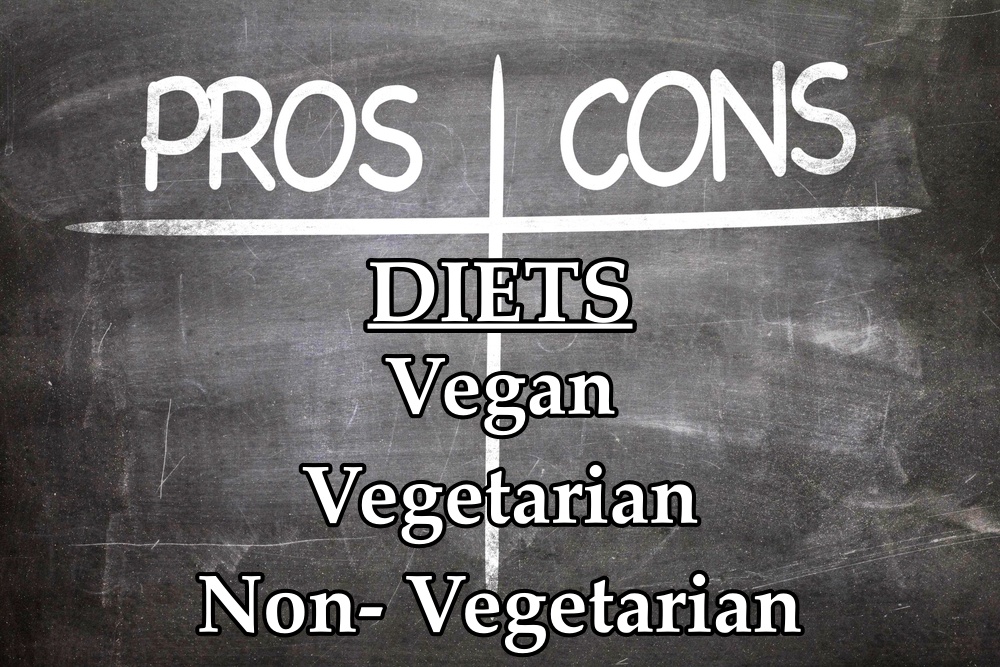
2024-02-26 08:24:34
Pros and Cons you need to know about the diet you follow: Vegan v/s Vegetarian v/s Non-vegetarian
Diet is an important part of our day to day life and if you are like me whose world revolves around food you need to know the pros and cons of the food you eat on an everyday basis. When it comes to food we usually eat culturally, locally or there are few of us who choose a certain diet based on their own personal factors like a vegan or paleo or raw food diet. Most of us in India do not eat non-veg as major portion of the diet. Our diet is also very flexible; some of us prefer to be Pescetarians, lacto-vegetarians, lacto-ovo-vegetarians and so on. This blog will help you to understand your dietary lifestyle choice and make you more aware of different types of diet.
Vegetarian –
A vegetarian diet focuses on grains, pulses, nuts, seeds, beans, soy, rice, fruits, vegetables and dairy products. Vegetarianism is a tree with different branches namely lacto-vegetarian, Lacto-ovo-vegetarian, and ovo-vegetarian and people choose which branch they would like to grow on. Lacto- vegetarian include dairy products in their diet, Lacto- ovo- vegetarians include dairy products as well as eggs and Ovo-vegetarians do not eat any other meat and dairy products other than eggs in their diet
Pros –
1.As the diet is composed of mainly fruits and vegetables it is light on the stomach and digestion is easy .
2.Naturally low in saturated and unsaturated fat which is a contributing factor to low BMI
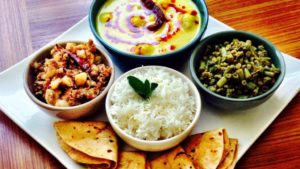
3.It is easy to achieve or maintain optimal weight on a vegetarian diet as the food groups are complex, low in glycemic index and thus blood sugar levels are controlled and adiposity is lowered.
4.Research states that vegetarians have a reduced risk of heart disease, Type 2 diabetes and Hyperlipidemia as it is low in fat, high in antioxidant content
5.High in fiber which acts as food for colonocytes and thus prevents colon cancer
6.Anticarcinogenic Components of fruits and vegetables like flavonoids, carotenes, isoflavones, selenium etc help prevent the risk of certain cancers
7.Prevents kidney stones
Cons –
1Vitamin b-12 deficiency can occur as major dietary sources of vitamin B-12 is meat, fish and dairy products, vegetarians need to take dietary supplements or eat fortified sources of vitamin B-12 to meet their Vitamin B-12 RDA
2.Difficult to meet protein requirement as the protein content of plant sources is low and eating plant protein sources like sprouts in excess quantity can lead to gastrointestinal discomfort
3.Iron deficiency anemia and perinicious anemia due to lack of iron and Vitamin B-12 can occur but not all vegetarians have anemia.
4.Other Nutrient deficiencies of omega-3, calcium, vitamin D can occur as these nutrients are limited in vegetarian sources
5.Will have to rely on supplementation to meet their RDA for B-Vitamins, Iron, Calcium, Vitamin D, Omega-3 etc
6.Just because you follow a vegetarian diet does not mean your diet is clean and healthy, you also tend to eat processed foods high in saturated fat, sugar which is equally bad for your health.
Pesticides used to grow fruits and vegetables are harmful to the body and some of the fruits and vegetables are part of the “Dirty Dozen” list and hence you need to wash them carefully before eating.
This said, some vegetarians do eat eggs, dairy products or both to meet their micronutrient and protein requirement.
Vegan-
Veganism is eating and using only plant foods; No meat, fish or poultry. It is more of a lifestyle choice based on being environmentally sustainable. Under veganism there is a sub-group of people called “raw-vegans” who prefer to eat everything raw. The idea here is to reduce their carbon footprint and be more environment friendly. It is a very restrictive diet and allows you very few options. You really need to have a strong will to be a vegan. No cheating!!
Pros –
1.Good for clean eating, as the meals are rich in fruits and vegetables, low in fat and even the method of cooking enables maximum nutrient availability
2.The diet is antioxidant rich which can help reduce inflammation and prevent lifestyle diseases
3.Low in saturated fat which makes it good to maintain your lipid profile
4.Vegans do not eat any animal products or even byproducts of animal sources which significantly reduces their intake of processed food
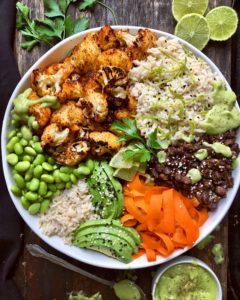
5.Reduce carbon footprint and is good for the environment as meat, dairy and poultry are not consumed and they are the major green house gas emitting sectors.
6.The quantity of water required to cultivate fruits, crops and vegetables is much lower than rearing cows, hens, buffalos and goats for their meat.
Vegans eat a lot of fermented foods like kimchi, tempeh which act as probiotic and help maintain gut health.
Cons-
1.Vegan diets are strict and restrictive and need discipline to follow, so if you have just converted to veganism you need a lot of willpower to follow your diet
2.Vegan diets share the same cons of vegetarian diet but here the lack of protein and micronutrient deficiency for Vitamin B12, Iron, Calcium, and Vitamin D is severe as they do not have any other alternatives to meet their requirement.
3.The weight loss associated with vegan diet can be harmful and may turn to weight gain if not closely monitored
4.Vegans also Do not use animal products e.g. cosmetic and prefer to go natural which may not be everyone’s first choice
5.Do it for the right reasons, if you are doing it as an activism it will be difficult to adapt to the diet in long run and may even cause more harm than benefit if not followed properly.
Non-vegetarian
We are the people who claim ourselves to be “hardcore non-vegetarians”. We love our meat and we need it every day. Now some people might feel the need to switch to vegetarianism or veganism with the ongoing climate change and want their diet to be sustainable and reduce their carbon footprint but before you do that, the reason you being non-vegetarian is because that is your staple food. In south you eat fish, curry and rice every day. Muslims eat meat every day. So before you take any decision have a look at this:
Pros –
1.High in protein content which helps in building muscle, improve satiety and maintain blood sugar levels.
2.Contains collagen, which is lacking in vegetarian and vegan diet and is considered to be good for gut, skin, joints etc.
3.Micronutrient rich in terms of calcium, vitamin D, B vitamin, iron, Omega-3 and will avoid deficiencies.
4.Omega-3, Vitamin B12 from fish is good for cognitive health.
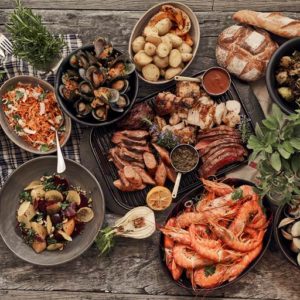
5.Non-veg sources provide heme iron which helps build muscle and reduce fat percentage, and improve strength and stamina.
6.Reduce the risk for iron deficiency anemia.
7.Non-vegetarians have a diverse variety of food choices and can enjoy best of both worlds as they can choose from both vegetarian, non-vegetarian and dairy sources.
Cons-
1.High in saturated fat present in skin, cartilage of animals, which increases the risk of cardiovascular diseases
2.Animals are often injected with antibiotics,, hormones which can cause harm in humans when ingested
3.Green house gases are emitted from meat, poultry and dairy which is bad for climate and the reason why people are switching to vegetarian diets
4.Increased risk for heart disease, Type 2 Diabetes, Obesity, Colon cancer etc as the fruits and vegetable intake is reduces thus lowering the antioxidant, fibre and phytochemical content of the diet
5.Digestive problems which excess protein intake
6.Excess protein can cause calciuria and lead to bone health issues
7.Kidney problem like gout, are common in meat eaters due to their high purine content and often it is combined with alcohol consumption
Processed meat is high in sodium which can further lead to kidney problems, High BP
Each person’s nutrition capacity is different. No two individuals, even who hails from the same background or from the same family, eat the same food. Their nutrition requirements need to be customized. That’s where the role of a nutritionist is so important. Your nutritionist will guide you in making good decisions about food while assisting you to appreciate the food you eat. In addition, nutritionists can educate you about healthy eating practices and behaviors that promote a healthy lifestyle. The objective of this 1 on 1 interaction with the nutritionist is to create awareness and help you develop sustainable healthy eating habits for the rest of your life.
At QUA Nutrition we have a team of over 50 qualified & skilled nutritionists who are changing lives through nutrition.
Contact us on 9743430000 or write to us at https://quanutrition.com/Contact.html to change the way you eat.
Ryan Fernando is an Award-winning celebrity Sports Nutritionist with 2GUINNESS world record and 2 Olympic medals under his belt. His client list include Olympic wrestler Sushil Kumar, cricketer Shikhar Dhawan & bollywood superstars Aamir Khan & Abhishek Bachchan. He is Chief Nutritionist at QUA Nutrition Signature Clinics.


